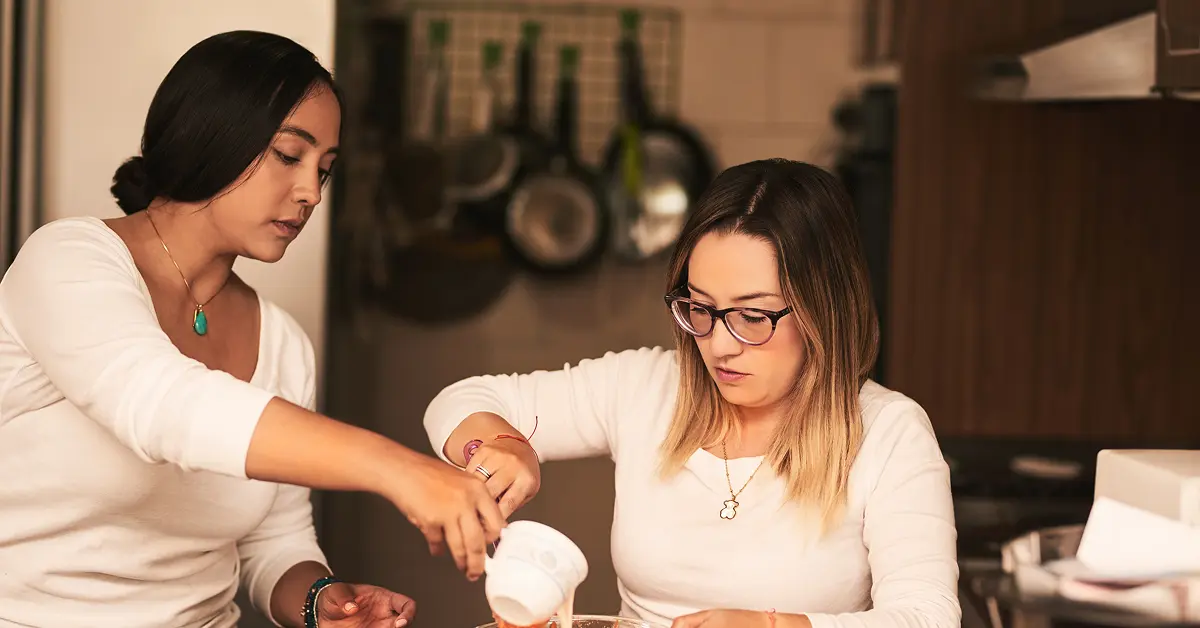Caring for someone at the end of their life is one of the most profound and compassionate acts a person can do. Hospice caregivers play a vital role in providing physical, emotional, and spiritual support to terminally ill patients and their families. In India, where the importance of family and emotional bonds is deeply rooted in culture, hospice caregiving is both a noble responsibility and a growing career path.
If you’re considering becoming a hospice caregiver, this detailed guide will walk you through what the role involves, the qualifications needed, the personal qualities required, and how to get started.
What is Hospice Care?
Hospice care is a specialized type of medical care aimed at providing comfort and support to individuals with a terminal illness, typically those with six months or less to live. Rather than focusing on curative treatment, hospice care emphasizes pain management, emotional well-being, and dignity in the final stages of life.
In India, hospice care is delivered at home, in hospitals, or through hospice centers. Caregivers in this field work closely with doctors, nurses, social workers, and families to ensure that the patient is comfortable and supported.
Who is a Hospice Caregiver?
A hospice caregiver can be a trained professional or a family member who assists a terminally ill patient. Their primary role is to help with daily activities, provide emotional support, and coordinate with medical professionals to ensure quality end-of-life care. In some cases, hospice caregivers are also part of a professional hospice team.
Caregivers may assist with:
- Personal hygiene (bathing, dressing, grooming)
- Medication reminders and monitoring
- Nutritional needs and feeding
- Mobility support
- Companionship and emotional care
- Communication with family members and doctors
Skills and Qualities of a Hospice Caregiver
Not everyone is suited for this sensitive and emotionally intense role. Being a successful hospice caregiver requires a unique set of skills and personal qualities:
- Compassion and Empathy: Genuinely care about the emotional and physical needs of patients and families.
- Patience: End-of-life care can be unpredictable and emotionally intense.
- Communication Skills: Speak gently and clearly with patients, doctors, and families.
- Physical Strength: Assist patients with mobility and personal care.
- Emotional Resilience: Cope with grief, stress, and the demands of caregiving.
- Cultural Sensitivity: Respect the diverse spiritual and cultural practices in India around death and dying.
How to Become a Hospice Caregiver in India
The path to becoming a hospice caregiver varies based on whether you're seeking formal employment or caring for a loved one. Here are the common steps:
Get Basic Education
A minimum of a Class 10 or 12 pass is usually required for formal hospice caregiver roles in India.
Undertake Formal Training
Though not mandatory, professional training can significantly improve your credibility and skills.
Recommended Courses:
- Certificate in Palliative Care – Indian Association of Palliative Care (IAPC)
- Hospice and Palliative Care Nursing Courses – Tata Memorial Centre, AIIMS
- Online Courses – Platforms like Coursera and edX
Join a Hospice Organization
Apply for roles in NGOs, private hospices, hospitals, or home care agencies. Examples include CanSupport, Karunashraya, and Pallium India.
Volunteer First (Optional)
Volunteering is a great way to gain hands-on experience and decide if this role is emotionally suitable for you.
What Does a Day Look Like for a Hospice Caregiver?
A day in the life of a hospice caregiver includes tasks that vary depending on the patient's needs:
- Morning: Assisting with waking, bathing, feeding, and medication.
- Afternoon: Mobility exercises, counseling, soothing activities.
- Evening: Meal prep, monitoring, emotional support.
- Night: If overnight, monitoring comfort and sleep patterns.
Emotional Challenges of Hospice Caregiving
Hospice caregiving is emotionally rewarding but also deeply challenging. Caregivers often experience grief, burnout, or moral distress.
Tips to Cope:
- Join a caregiver support group
- Practice self-care (yoga, meditation, rest)
- Talk to a counselor or psychologist
- Keep a journal to express emotions
Legal and Ethical Considerations
In India, hospice caregivers must understand legal boundaries, especially regarding:
- Consent for medical treatments
- Handling confidential information
- Do Not Resuscitate (DNR) orders
- Religious rites and rituals related to death
It is essential to follow the patient’s and family’s wishes with respect, within legal and ethical frameworks.
Opportunities for Growth
While the job is rooted in compassion, there are opportunities for career growth as well:
- Senior Caregiver/Trainer
- Hospice Nurse (with further qualification)
- Hospice Program Coordinator
- Counselor or Grief Therapist
As India’s population ages, the demand for hospice care services is increasing, especially in urban areas.
Conclusion
Becoming a hospice caregiver in India is a meaningful journey that goes beyond a job—it’s about being there for someone when they need compassion the most. Whether you're a family member stepping into this role or a professional pursuing a caregiving career, hospice care allows you to make a significant difference in people’s lives during their final days.
It requires training, emotional strength, and a deep sense of empathy. But the reward lies in the peace and comfort you bring to patients and their loved ones at one of life’s most sensitive moments.
Ready to begin? Start by learning about palliative care courses near you and connect with local hospice organizations to explore opportunities.
Contents
Our 24*7 services
Latest Posts
- What Is Respite Care and Why Is It Important
- Affordable home care for senior citizens in India
- Caring for Seniors with Dementia or Alzheimer's at Home
- Senior Caregiving A Guide for Every Family
- How to Write a Caregiver Resume That Gets You Hired
- How Care After Hospital Discharge Speeds Up Recovery at Home
- How to Get Home Health Care for Seniors Through Medicare
- What Does a Senior Citizen Caregiver Really Do at Home
- How to Care for Elderly Parents with Alzheimer’s or Dementia
- How to Get 24-Hour Care for Seniors at Home



